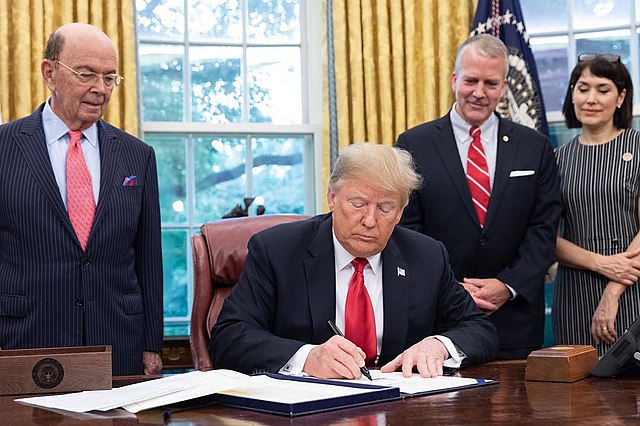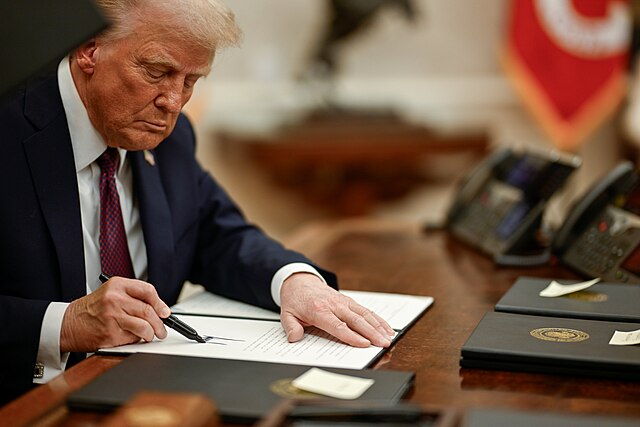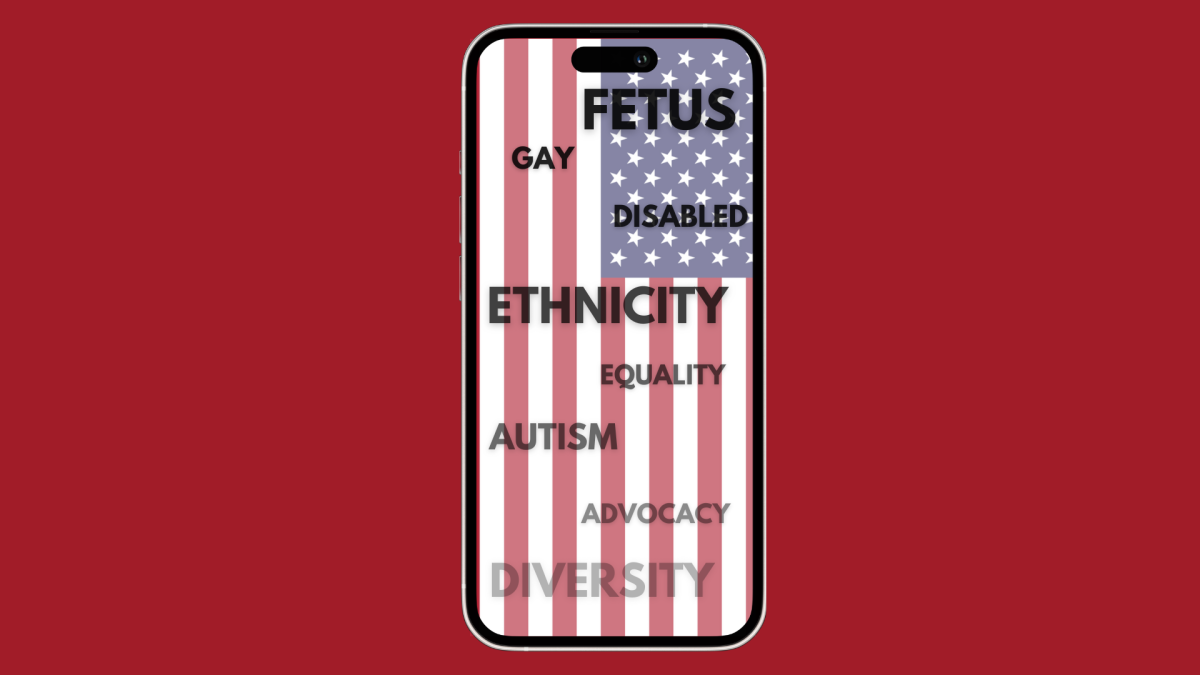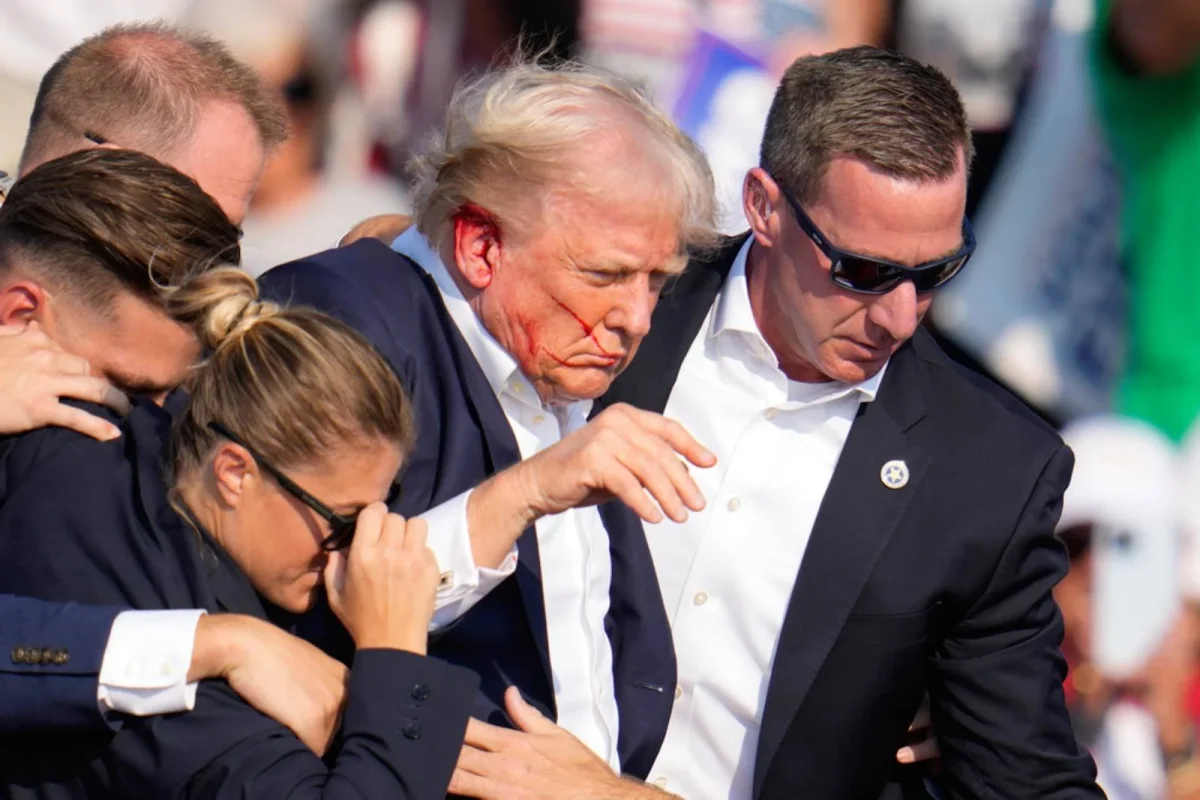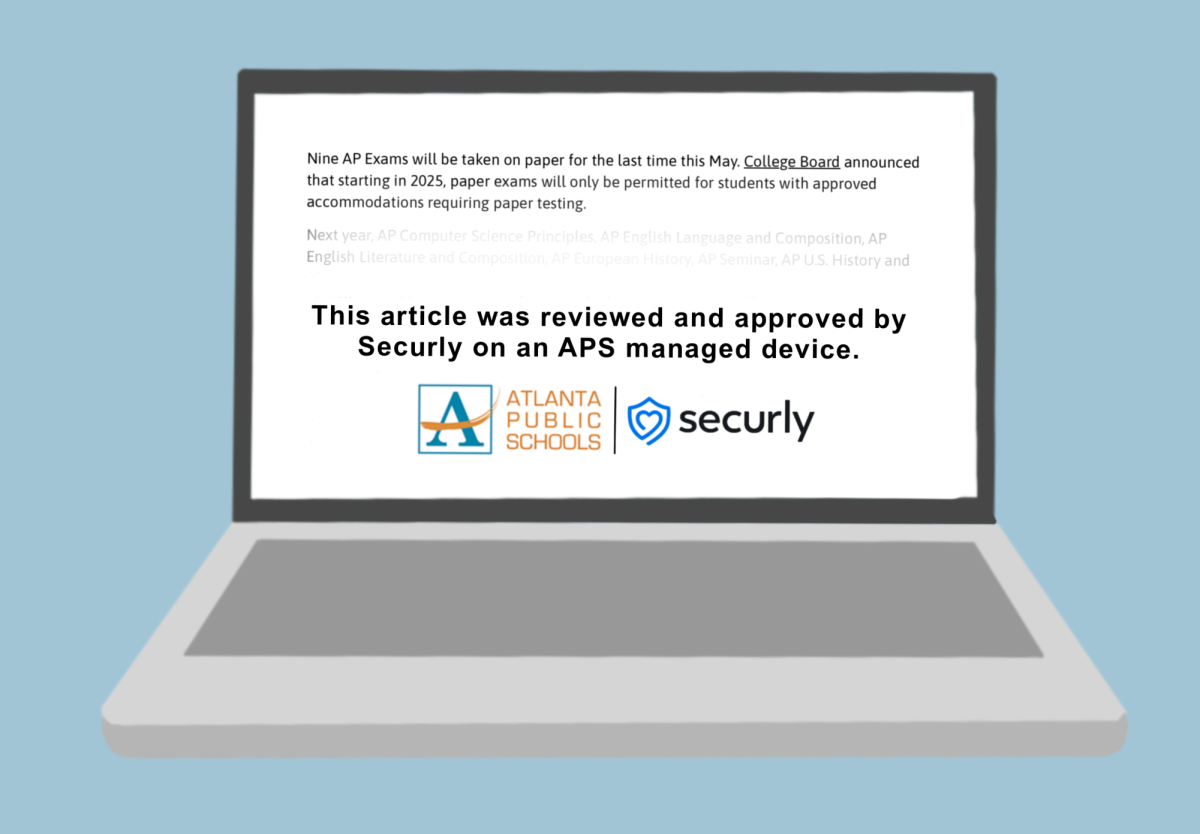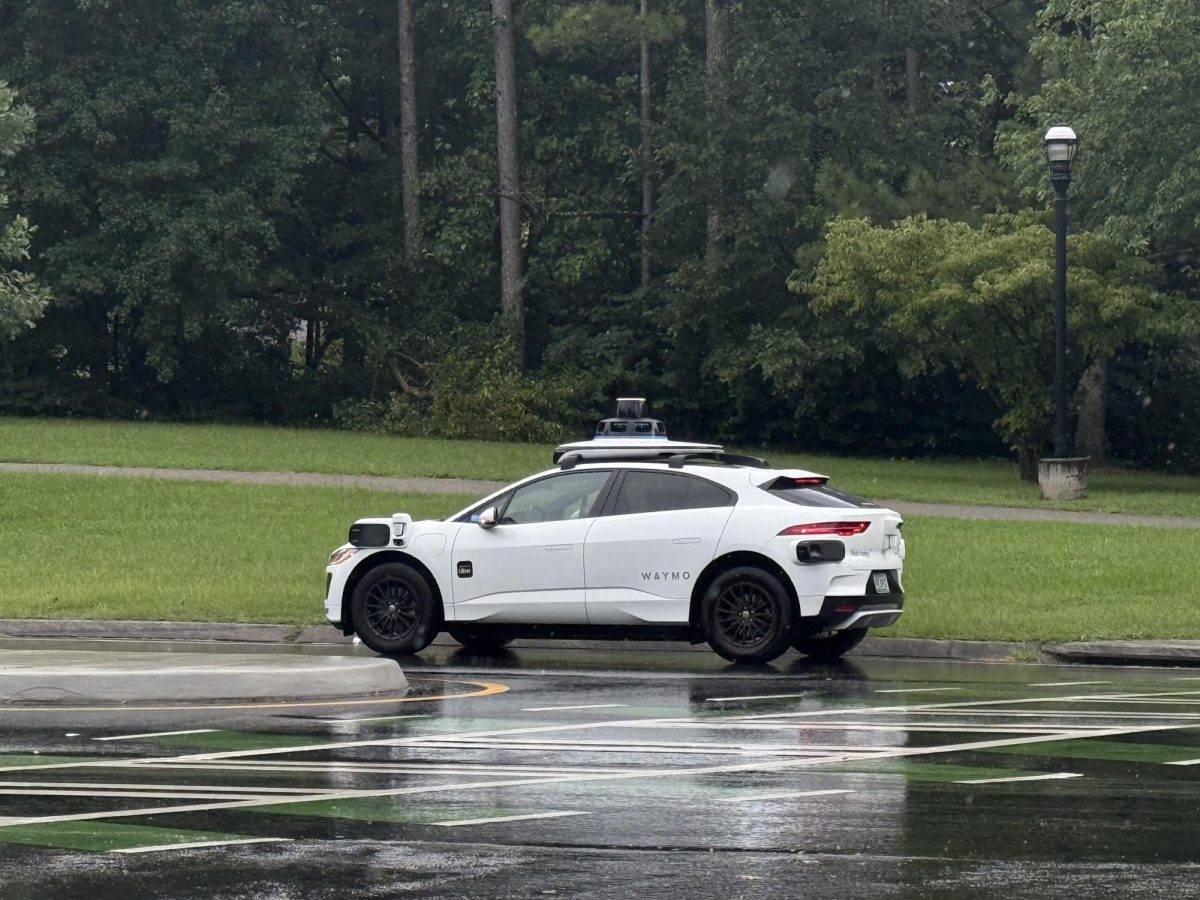On Feb. 28, The Supreme Court agreed to decide whether or not former President Donald Trump could claim immunity from his alleged election interference, a federal criminal prosecution. As the 2024 election quickly approaches, it is vital for the Supreme Court to swiftly and impartially make its decision.
Undoubtedly, Trump should not be immune from prosecution. The Constitution is the most fundamental law in the United States and cannot be contradicted in any way. With this principle, the rule of law is applied. According to U.S. Courts, the “rule of law is a principle under which all persons, institutions and entities are accountable to laws that are: publicly promulgated, equally enforced, independently adjudicated and consistent with international human rights principles.”
In particular, courts are responsible for upholding this value by listening to both sides of a controversy and making a decision based on the Constitution. The purpose of this is to ensure the protection of rights, due process of law and democracy. Trump faces charges of conspiracy to defraud the United States government, conspiracy to obstruct an official proceeding and other election interference charges, including involvement in the Jan. 6 riot. Arguably, all were attacks on democracy, the peaceful overturning of power, which should be paid special attention to — not potential immunity from prosecution.
In order for this case to move forward, the Supreme Court has to stay politically unswayed. During his presidency, Trump appointed three justices and six out of the total nine are conservative. Ideally, the Supreme Court is above politics, an impartial adjudicator. However, in recent years it has become increasingly more conservative, ruling in favor of overturning cases dealing with affirmative action and abortion among others. Even if the rule of law is somehow not convincing enough, a past Supreme Court case can support the fact that Trump should not have immunity.
After the Watergate scandal, former President Richard Nixon argued in United States v. Nixon that the independence of the executive branch shielded the president from judicial process during a criminal prosecution. The Supreme Court strongly disagreed, stating that, “neither the doctrine of separation of powers, nor the need for confidentiality of high-level communications, without more, can sustain an absolute, unqualified Presidential privilege of immunity from judicial process under all circumstances.”
Additionally, the court emphasized that the claim of presidential immunity is balanced by justice in criminal prosecutions and if the court complied with Nixon, the fundamental principle of separation of powers would unravel. Therefore, as Trump has criminal charges, this decision should apply to him as well. Evidence supporting his prosecution is clear, the Supreme Court just needs to be impartial.
Already, some are concerned that the decision to accept the case will benefit Trump. The Supreme Court will not hear the case until Apr. 22 and a decision will not be released until the end of June. During this time, Trump’s trial is further delayed and it is uncertain whether it will be scheduled before voting. Even worse, if elected while the trial is pending, Trump could seek a self pardon or order the Justice Department to dismiss his case.
In order to preserve the fundamental principles of the Constitution, Trump can not be granted presidential immunity. Instead, the Supreme Court needs to make a just and quick decision so that his trial can continue.

